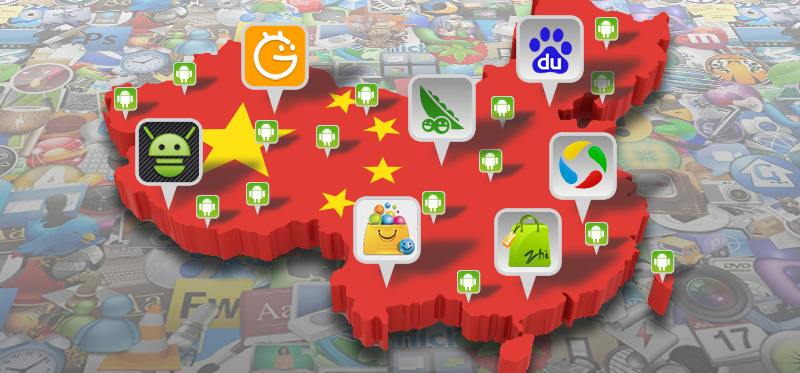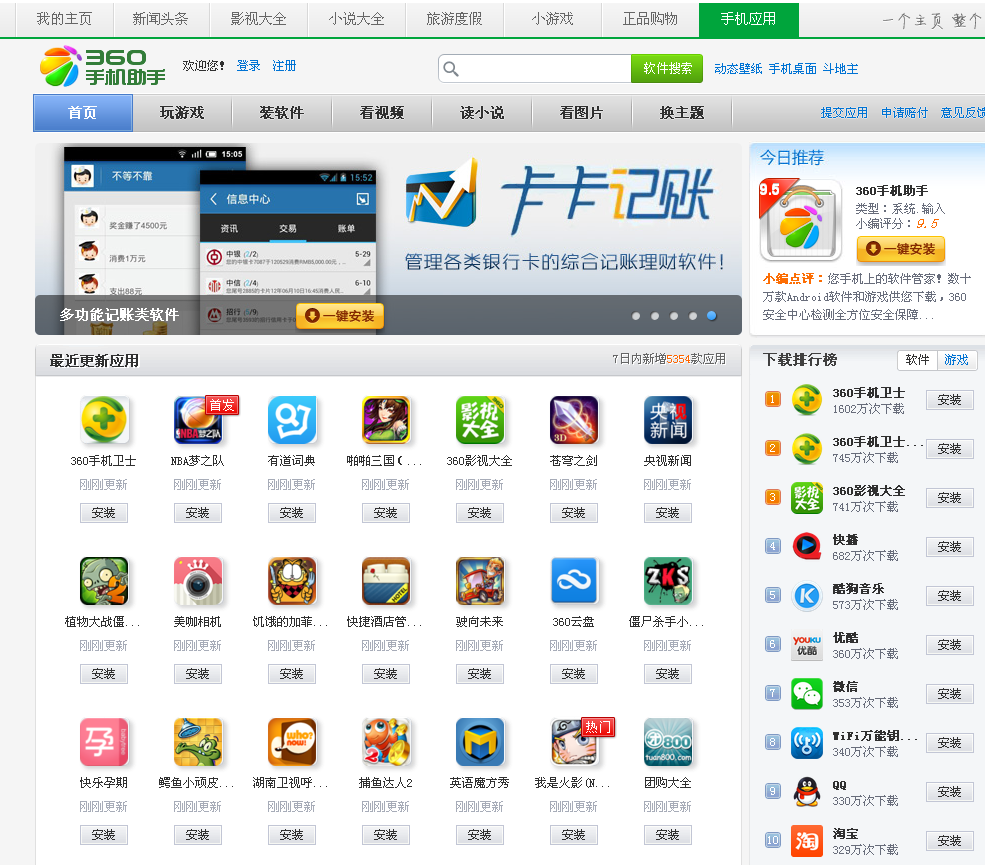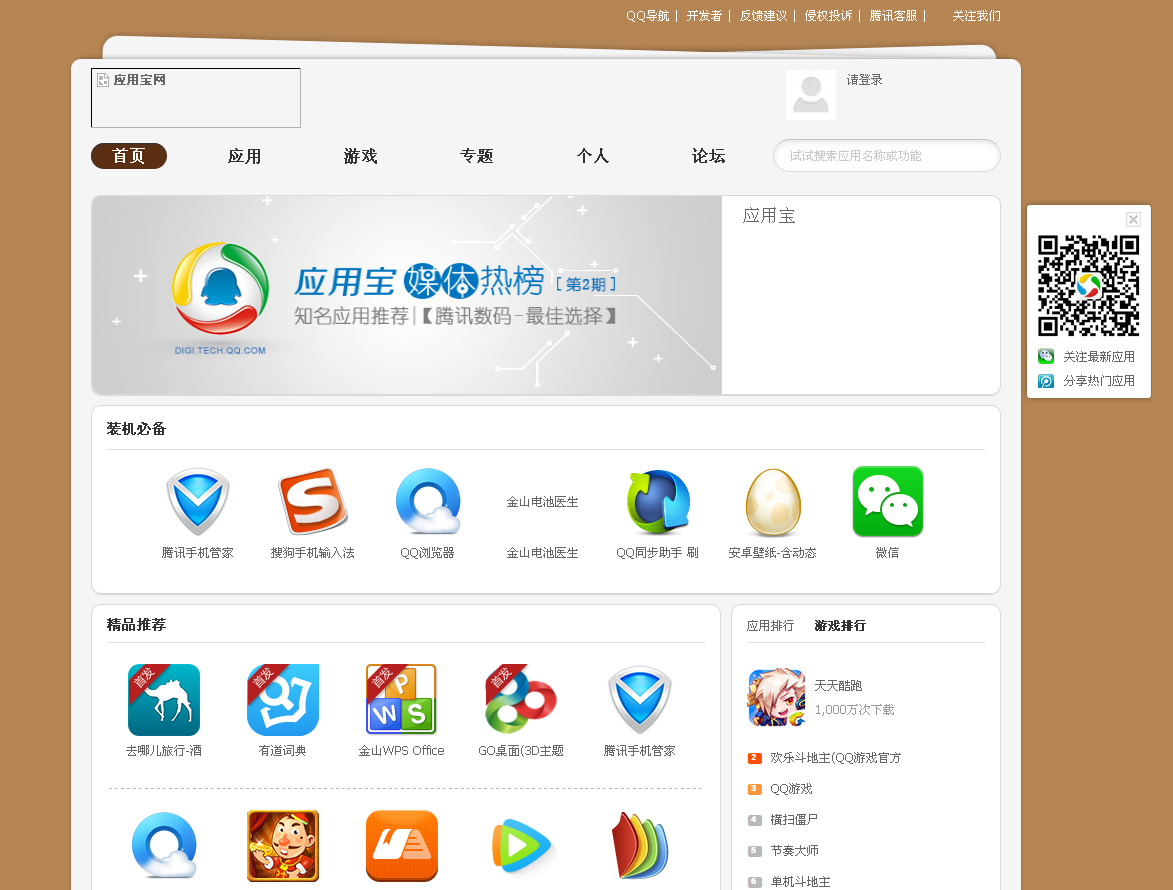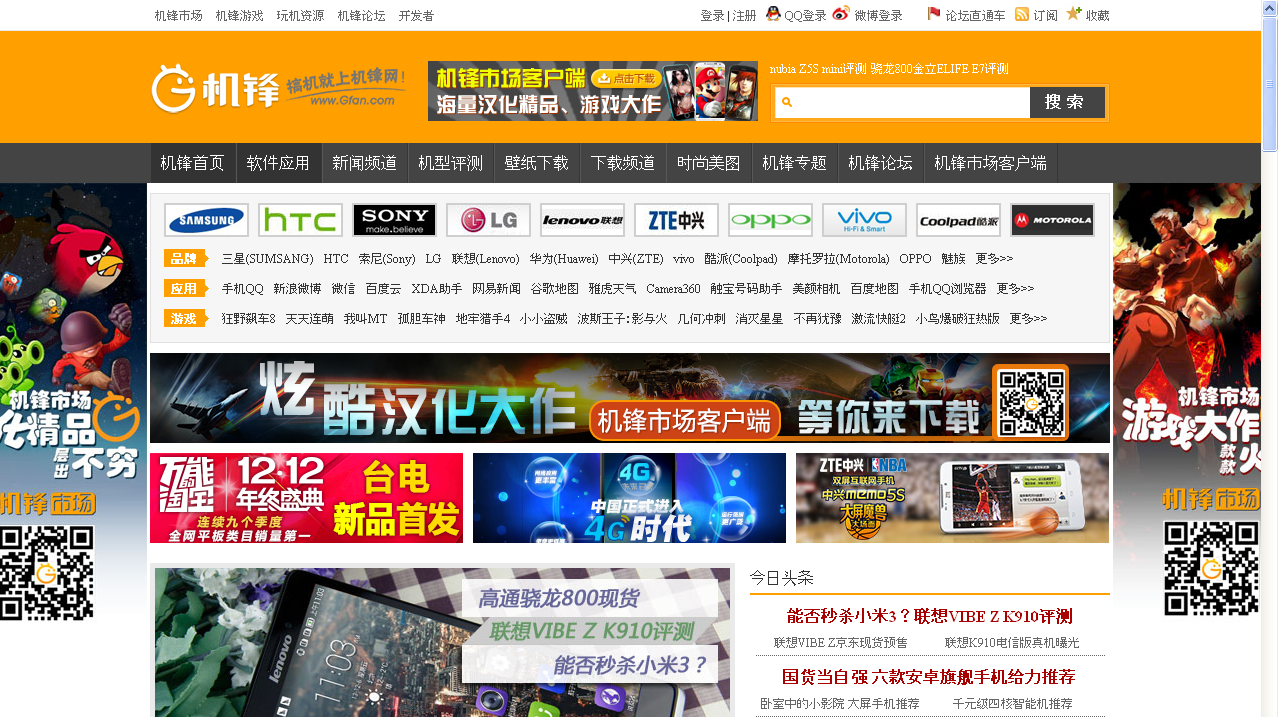An introduction to the Chinese smartphone and OS landscape
China has a relatively complex app store landscape that is very different to what we are familiar with in the West, but the rewards are big for app developers who can learn how to successfully break into the Chinese app market.
China’s smartphone market is the biggest in the world, with over 350 million smartphone owners in the country and approximately 110 million new shipments between April and June of this year alone. Amazingly, market penetration is low – below 30% – meaning that the potential future growth in this app market is massive.
With regards to mobile operating systems (OS), China’s smartphones overwhelmingly use Android (81.9%), with iOS trailing behind with 12.1% market share and various other operating systems sharing the measly remaining 6%. While smartphones in China are becoming increasingly sophisticated, the majority are low-end and do not have the same capabilities that we are used to, so you may need to adapt any existing apps before releasing them in the Chinese market.
The Chinese app store landscape
The app store landscape in the West is essentially a two-horse race, with the Apple App Store and Google Play platforms accounting for 93% of all app downloads. This makes things easy for Western app developers, who only really need to release apps in these two app stores to reach almost all Western smartphone owners.
This is not the case in China. China’s app store landscape is hugely fragmented, with over 200 app stores and no prominent, single front-runner. The reason for this fragmentation is two-fold: rampant iOS jail-breaking effectively forcing Apple App Store out of the market and the fact that, following a row with the Chinese government over censorship, Google Play is largely blocked in the country.
This has serious implications for app developers. Targeting Apple App Store and Google Play, if you want to sell your apps in China, is a waste of time and money. Instead, you must target the most popular, and the most appropriate, Chinese app stores in order to have any chance of success. Here is a rundown of the top Chinese app stores that are worth your consideration.
360 Mobile Assistant
Originally just an internet security company and more recently breaking into the search market, Qihoo 360 have built on their success by launching their own app store. Now the most popular app store in China, 461 million PC users and 338 million smartphone users have downloaded the android-based app store 360 Mobile Assistant. Most Chinese app stores let users download a PC version of their store, which allows them to download and manage their apps before pushing these to their mobile devices (a method comparable to iTunes). With over 115,000 apps, competition on this app store is fierce, but with its large user base the potential for your app’s success is huge. A possible explanation of 360 Mobile Assistant’s success is its appealing safety record – all apps uploaded to the app store must pass a vigorous security check.
91 Assistant and HiMarket
91 Assistant and HiMarket app stores were purchased by Baidu for a staggering $1.9billion earlier this year. Forming two arms of the company 91 Wireless, they are two of China’s leading app stores, with over 100 million users and more than 10 billion downloads to date. 91 Assistant is the PC-based app store, whereas HiMarket is the name given to the smartphone-based equivalent. HiMarket is installed as standard on the vast majority of Chinese smartphones, meaning that having your app on this app store could give you a great deal of exposure.
Wandoujia
Wandoujia, also known as SnapPea outside of China, is another popular Chinese app store. Boasting over 200 million users, the app store receives over 30 million app downloads every day. Users report a superior user experience on Wandoujia due to their clear labelling of ads, compared to other app stores that tend to aggressively cover their pages with ads that sometimes use deceptive tactics.
Anzhi
Anzhi is unique amongst the app stores featured on this blog post in that it is the only app store that is accessible via phone only – all others are both phone and PC based. Another notable feature of Anzhi is its large forum community where users can discuss apps they have downloaded. This forum has the potential to make apps famous, or infamous, so you should ensure that your app is high quality if you want to release it there!
Baidu Mobile Assistant
Although not as successful as Baidu’s more recent app store acquisitions (91 Assistant and HiMarket), Baidu Mobile Assistant is still an app store with a big name behind it. Perhaps the success of 91 Assistant and HiMarket will rub off on Baidu Mobile Assistant as Baidu learn more about the Chinese app market.
Tencent Myapp
Tencent Myapp is one of the most social app stores in China. Its parent company Tencent also owns QQ, the most popular instant messenger service in China with over 700 million users, and QQ users can access Tencent Myapp using their QQ log ins. Once logged in, users can then comment on apps in the app store, as well as share them with friends. This social aspect means that if your app were to gain a good reputation among users, the social shares and comments could do a large part of your marketing for you.
Mumayi
Mumayi leads the field when it comes to user engagement. Users of Mumayi spend more time on the site compared to users of other app stores, browse more pages and the website has a comparatively low bounce rate. This is probably due to that fact that Mumayi was built with the user experience in mind – app reviews are clearly laid out and the store uses a clever “recommended apps” tool that suggests apps similar to the one being viewed.
AppChina
AppChina is another popular app store, with over 640,000 apps and more than 30 million users. The app store is dominated by games, with over half of the apps being mobile gaming apps. AppChina is unique in that it offers to pay users back double for any damage caused to their devices by downloading one of their apps if it was carrying a virus.
Xiaomi
Xiaomi app store is installed by default on all Xiaomi smartphones. Xiaomi smartphones are low-end, cheap and extremely popular in China. Users of this app store download proportionally more media and entertainment apps compared to other app stores – a niche that is growing rapidly in China, meaning that Xiaomi’s popularity may well increase going forwards.
Gfan
Gfan has over 15 million users and 90,000 apps. Like Anzhi, Gfan also has a large forum community where users can discuss apps with one another.
Revenue
In China, the Chinese government takes 30% of revenue from app developers in the form of tax and regulation fees, on top of the 30% that the app stores also take. When this is added to the knowledge that the vast majority of apps downloaded in China are free – and that therefore if you want your app to be successful, you must ensure that your app is free to download as well – it can leave some app developers scratching their heads as to whether it is worth going into the Chinese app market at all.
It is worth it – the immense size of the market and its huge future growth potential means it is an opportunity not to be missed. There are many more opportunities to make money than at the moment a user downloads an app. Most app profits are made through ads and in-app purchases, with 46% of Chinese smartphone users recently admitting to making in-app purchases – a higher percentage than the West. App stores are also very helpful when it comes to removing fake versions of your app that other people have uploaded to their platforms. If you can prove that you are the legitimate owner of the app, they will take down any pirated copies at once.
Tips for app developers targeting China
So, if you are an app developer considering targeting China, what exactly do you need to do?
First of all, you should decide which app stores you want to target. Each app store is subtly different and occupies a different niche – such as the strong social aspect of Tencent Myapp, and the dominance of mobile gaming on AppChina. Every app store also has its own set of rules and regulations, so you should check these and ensure you are happy to comply with them before going any further. Once you have chosen your target app stores, you should register developer accounts on them.
The next step is to team up with a local Chinese linguist who will be able to help you localise your app. This not only includes the translation of your app’s content, but also the editing of images to ensure they are culturally appropriate and of the correct resolution – remember that Chinese smartphones are predominantly low-end and therefore have a reduced screen resolution.
Finally, once your app has been successfully localised, you will need to submit the app code to your chosen app store using your developer account.
So there you have it, a full run-through of the Chinese mobile and app store landscape, the top app stores and their special features, and some useful tips and hints. Armed with this knowledge, you have all the know-how you need to break into the biggest smartphone market in the world – good luck!
Elin Box
Latest posts by Elin Box (see all)
- 3 tips for digital marketing in Germany - March 12, 2024
- 3 useful facts about digital marketing in Vietnam in 2023 - August 24, 2023
- 3 useful facts about digital marketing in South Korea in 2023 - August 17, 2023








[…] In the words of Apple, it’s important that you market your app in the language of your target audience in order to maximise your brand awareness, visibility and number of downloads. Localising your content for the app store is just as important as localising the app itself. Local versions of the Apple and Google Play Stores are going to be the go to places for international users to search and download their apps of choice (Unless you’re in China!). […]
How to get dev accounts at the app stores though? Need a team with a local right?